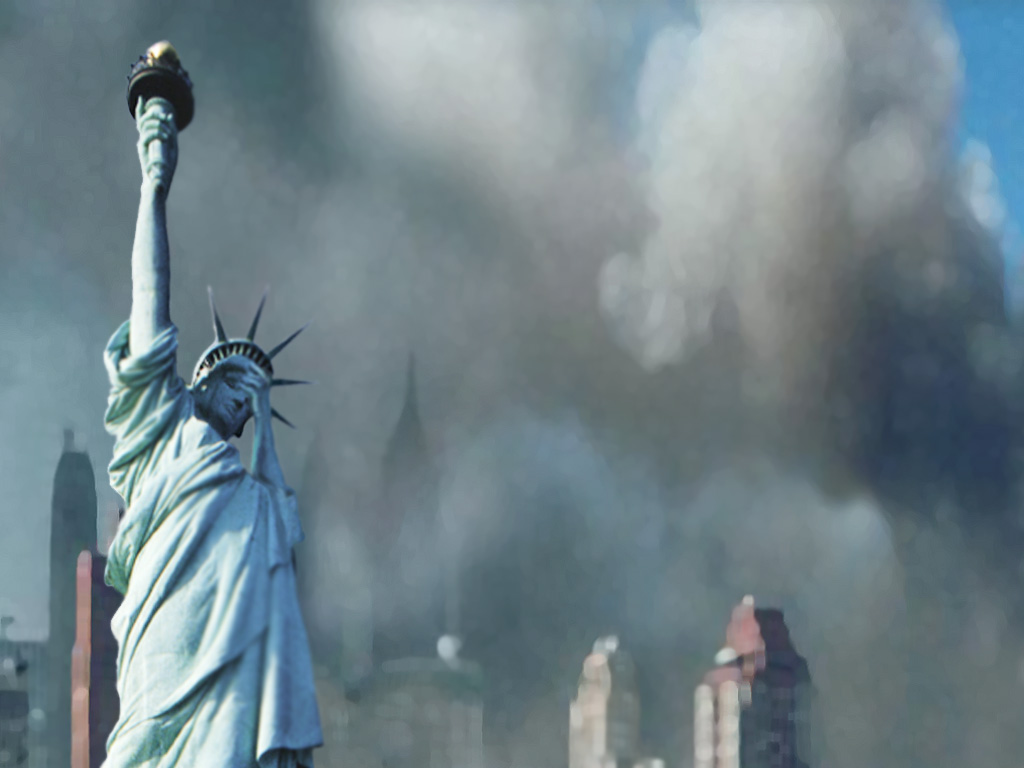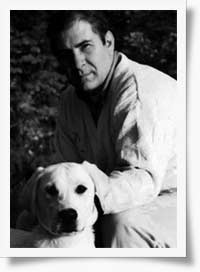On Monday, another man, said to be insane but armed to the teeth, pulled the trigger on a tragedy that ended the lives of a dozen innocent people, shattered the lives of their families, and shut down Washington for much of the day.
Nearly a week later, all we really know about the shooter at the Navy Yard is that he was a lot like many others who took the same path.
We know he was probably mentally unbalanced.
We know he shouldn’t have been given a security clearance.
We know he shouldn’t have been allowed to buy the weapons he used.
We know a lot of people in Washington are talking about this incident.
And we know no one is going to do anything about it.
That’s the e saddest part of this sad story. We know it will happen again.
We haven’t had a mental health policy in the United States since the 1975 Supreme Court’s ruling in the Donaldson case provided and excuse and the opportunity for states to relinquish their responsibility for the mentally ill and dump them on the streets.
We are no closer to a rational gun policy now than we were before Columbine, Tucson, Aurora, Ft. Hood, or Newtown.
What makes matters worse is that these are only a couple of the many systemic problems are society hasn’t addressed.
You can blame Congress. You can blame the lobbyists. You can talk about corruption, special interests, and our increasingly dysfunctional political system; but in our hearts we know we have no one to blame but ourselves because we allow these things to happen.
Einstein defined insanity as “doing the same thing over and over again and expecting different results.” If you accept Einstein’s definition, we can’t keep electing the same people and playing by the same rules and expect things to change. If we want things to change we have to reset the political process and try something different.
After a lot of thought, here’s my suggestion – Let’s throw them all out. Handle Congressional elections the way they handle the budget process – indiscriminately. Make across the board cuts – every incumbent, good or bad, conservative or liberal, Democrat or Republican needs to go because if they aren’t part of the solution they are part of the problem. Let’s throw them all out, this year and next year and every year after until they get the message they can’t get re-elected until they turn things around and start putting the people first.
According to a Gallup poll released last week, the trust and confidence the American people have in the federal government’s handling of both domestic and international problems is at an all time low – lower even than it was during the height of the Watergate scandal in 1974. The good news in this sad state of affairs is that it indicates there is a strong base of support for stopping the political insanity. If enough of these people can be enlisted in this campaign, it won’t take long for the politicians to get the message.






